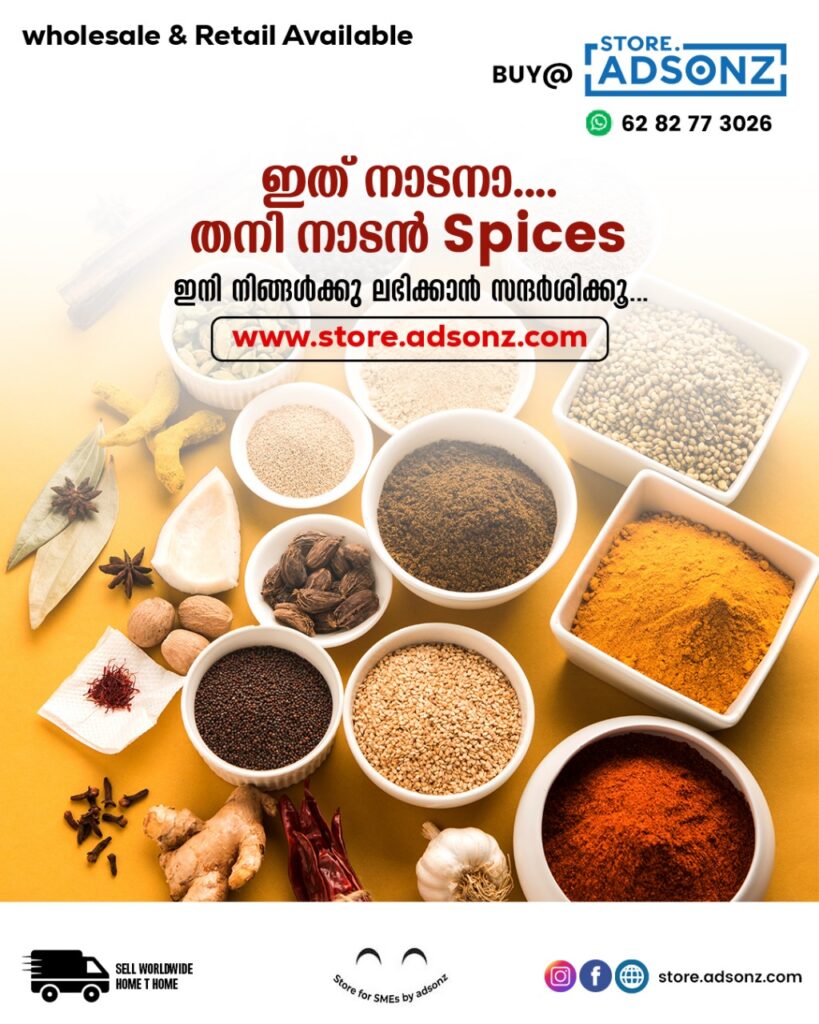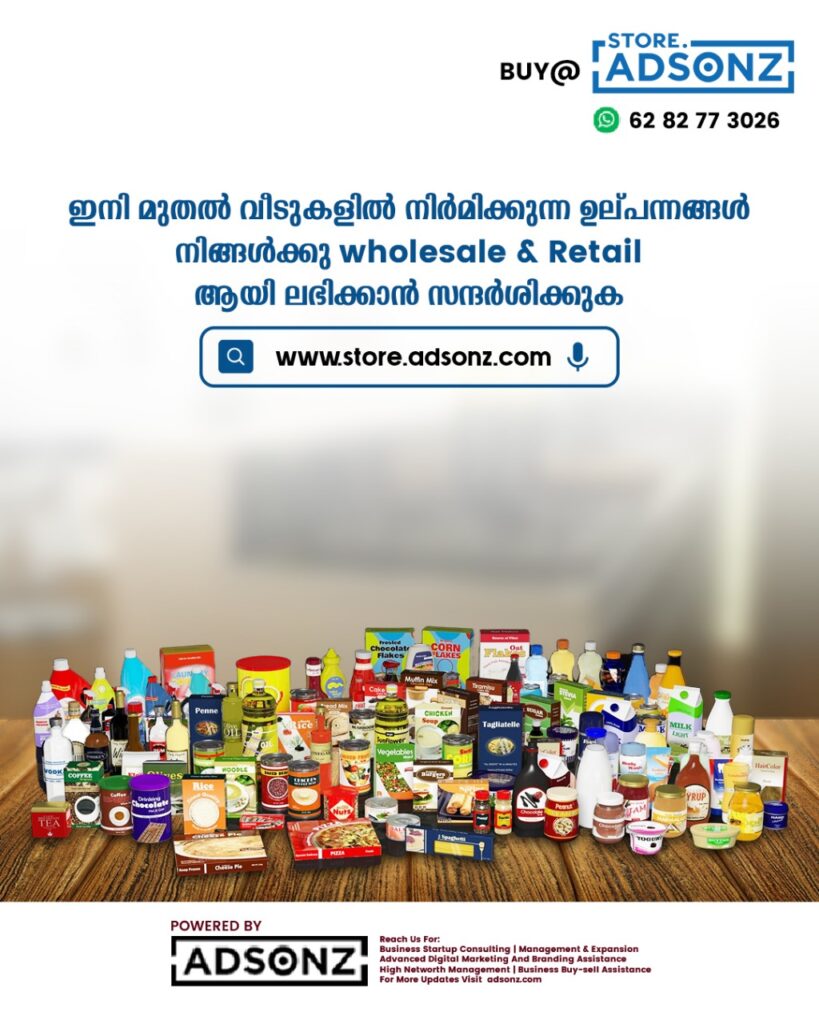Specialties of Indian Masala
Indian masala is renowned worldwide for its unique blend of flavors, aromas, and health benefits. These spice blends, crafted using a precise combination of whole and ground spices, are the foundation of Indian cuisine.
Indian masala is not just about adding heat to food; it brings a depth of flavor, enhances the natural taste of ingredients, and provides medicinal benefits that have been recognized for centuries. The specialty of Indian masala lies in its regional diversity, health-enhancing properties, and versatility in cooking, making it an essential component in kitchens across the world.
1. Rich Regional Diversity
One of the greatest specialties of Indian masala is its regional variations, each reflecting the unique culinary traditions of different parts of India. Garam Masala from North India is a bold and aromatic mix of spices like cumin, coriander, cinnamon, cardamom, and cloves, adding warmth to dishes.
Sambar Masala from South India contains a tangy and spicy mix of lentils, red chilies, and curry leaves, giving depth to traditional South Indian stews. Panch Phoron, a five-spice blend from Bengal, uses fennel, cumin, mustard, fenugreek, and nigella seeds, providing a mild yet flavorful touch to curries and dals. Similarly, Goda Masala from Maharashtra has a unique, slightly sweet taste due to the presence of coconut and stone flower. This wide variety of masalas ensures that Indian food remains diverse and adaptable to different tastes and preferences.
2. Perfect Balance of Flavors
Indian masala is known for its perfect balance of flavors, where each spice plays a crucial role in creating harmony. The combination of sweet, spicy, tangy, bitter, and earthy flavors in Indian spice blends makes dishes incredibly flavorful and aromatic.
For example, Chaat Masala combines tangy dried mango powder (amchur) with black salt, cumin, and coriander, giving street foods their signature zest. Biryani Masala is a blend of warm and fragrant spices like cinnamon, cloves, nutmeg, and bay leaves, enhancing the richness of rice dishes. These balanced spice combinations elevate every dish by providing layers of complex flavors that linger on the palate.
3. Packed with Health Benefits
Indian masalas are not only used for their taste but also for their numerous health benefits. Many spices in Indian masala blends have been used in Ayurvedic medicine for centuries due to their medicinal properties. Turmeric, a key ingredient in many spice mixes, contains curcumin, which has powerful anti-inflammatory and antioxidant properties, helping to boost immunity and reduce inflammation.
Cumin and coriander aid digestion and improve gut health, while black pepper enhances metabolism and nutrient absorption. Fenugreek is known for its ability to regulate blood sugar levels, making it beneficial for diabetics. Cloves and cardamom are rich in antioxidants and help maintain oral and digestive health. By incorporating Indian masalas into daily meals, people can enjoy flavorful food while benefiting from the natural healing properties of spices.
4. Versatility in Cooking
Another remarkable specialty of Indian masala is its versatility. These spice blends can be used in a variety of dishes, ranging from traditional Indian curries and lentil soups to modern fusion dishes.
Tandoori Masala is used for marinating meats and vegetables, giving them a smoky and spicy flavor when grilled or roasted. Curry Powder, a globally recognized spice mix, adds warmth and richness to stews, soups, and stir-fries. Pav Bhaji Masala is a unique blend of spices that transforms simple mashed vegetables into a flavorful street food delicacy. Indian masalas can also be used in salad dressings, spice rubs, dips, and even beverages like masala chai, showcasing their adaptability across different cuisines.
5. Long Shelf Life and Aroma Retention
High-quality Indian masalas are carefully processed and packaged to retain their freshness, aroma, and potency for a long time. The use of airtight, moisture-proof packaging ensures that the flavors remain intact, making these spice blends convenient for global trade and long-term storage. Many masalas, when stored in cool, dark places, retain their richness for months, allowing people to enjoy authentic Indian flavors anytime.
The specialty of Indian masala lies in its rich diversity, perfect balance of flavors, health benefits, versatility, and long-lasting freshness. Whether used for seasoning, marination, or enhancing the overall taste of a dish, these spice blends bring an unparalleled depth of flavor to food. With the increasing demand for authentic and organic spices worldwide, Indian masalas continue to be a preferred choice for home cooks, chefs, and food lovers alike.
Authentic, aromatic, and packed with health benefits, Indian masalas are truly the heart of Indian cuisine!





